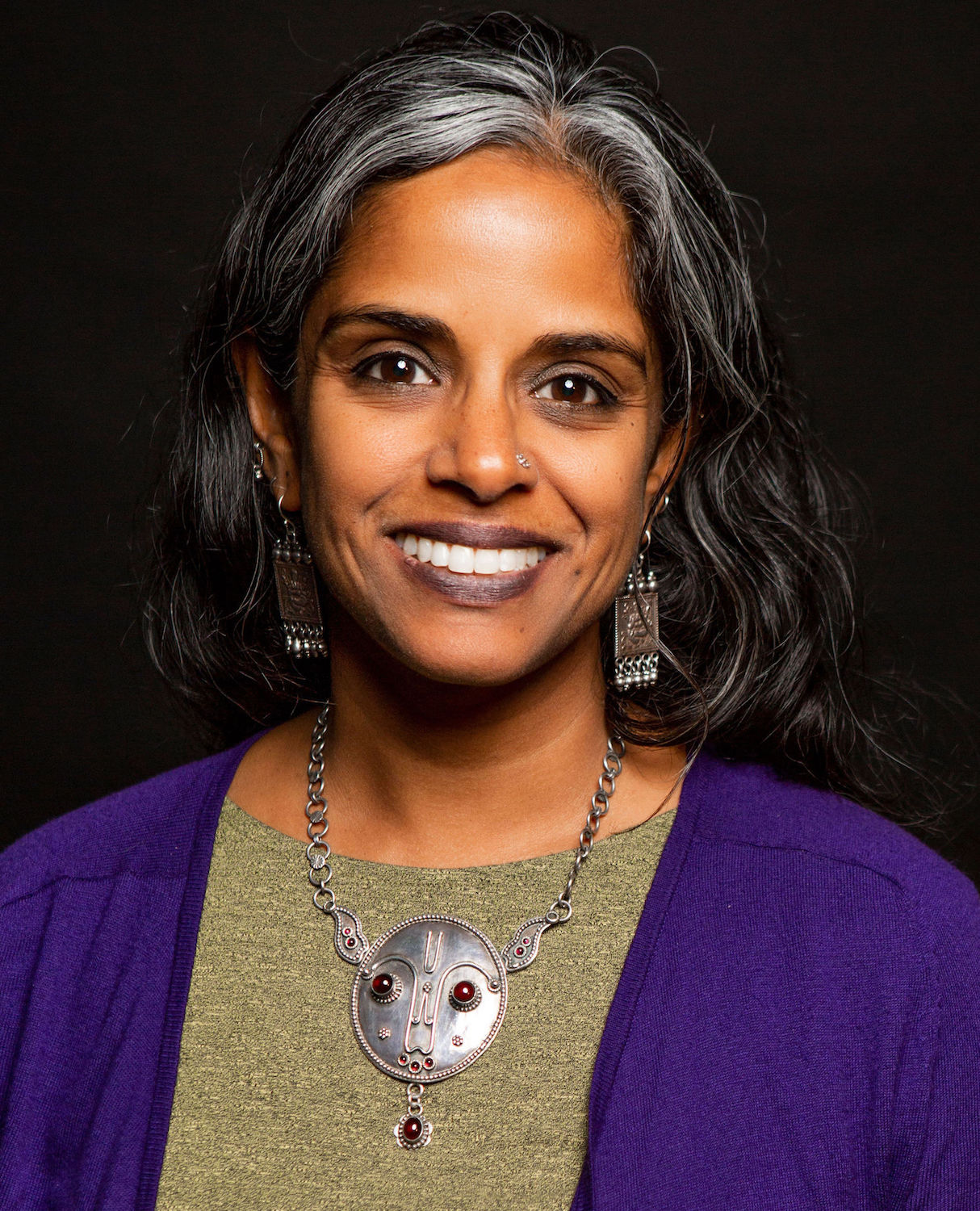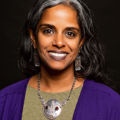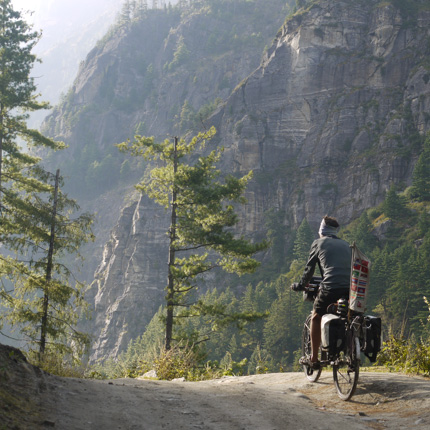Amidst the so-called culture wars (with Twitter the primary battlefield it seems) nuance is often lost, as is the capacity to forgive mistakes and discuss ignorance - a word that has become dirty. But your book takes a compassionate stance towards potential ignorance and mistakes. I wonder if you could reflect on your decision to take this stance, and specifically whether you were conscious of writing in a ‘culture war’ context?
Yes, what you are noticing is very deliberate. As a professor and racial equity consultant, my work is to invite people to talk about sensitive issues like identity, society, history, harm, heart and healing. These conversations often make us feel a wide variety of negative emotions such as shame, guilt, disconnection, anxiety, shut down or fear of being wrong or misunderstood. What if instead we could approach sensitive issues with actual sensitivity, compassion and mindfulness about who we are and the feelings we might be bringing into the room? I’ve found this approach helps many people feel more open and willing to participate.
Most of us, of course, are not consciously horrible people. Rather, we are often well-meaning, and shaped by our circumstances, our families, our privileges, and experiences. All this means we often don’t know too much about others unlike us, and sometimes even, we don’t know too much about ourselves either. Equity work both at home and abroad to me is about making space for people’s stories, feelings, and interpretations whether you’re a well-seasoned social justice advocate or at the beginning of your journey. We all have to start from somewhere, right? If we can enter a space and feel more compassionate and resilient, we’re more likely to know that we’ll be okay even when it feels uncomfortable now and then. That’s my goal as an author, teacher and facilitator—to help shepherd people through this process together.
I really like that the book makes a point of being comfortable holding seemingly competing ideas in mind. One example is the need, while travelling, to simultaneously engage with serious issues and find joy. Do you think there is a particular relationship - e.g. of tension, or of harmony - between these two imperatives?
I am passionately committed to joy, partly because joy is so wonderfully joyful, and also because joy IS a critical component of justice work. We certainly need material changes in our society to offer more safety, choice, dignity and opportunity for all. Our communities could also thrive if more of us felt peace, rest, ease, laughter and play, wouldn’t you agree? Joy reminds us that we are not only warriors fighting to rectify society’s broken promises. Joy reminds us that we can feel delight too, which in our unequal and difficult world, is nothing less than radical to the core!








